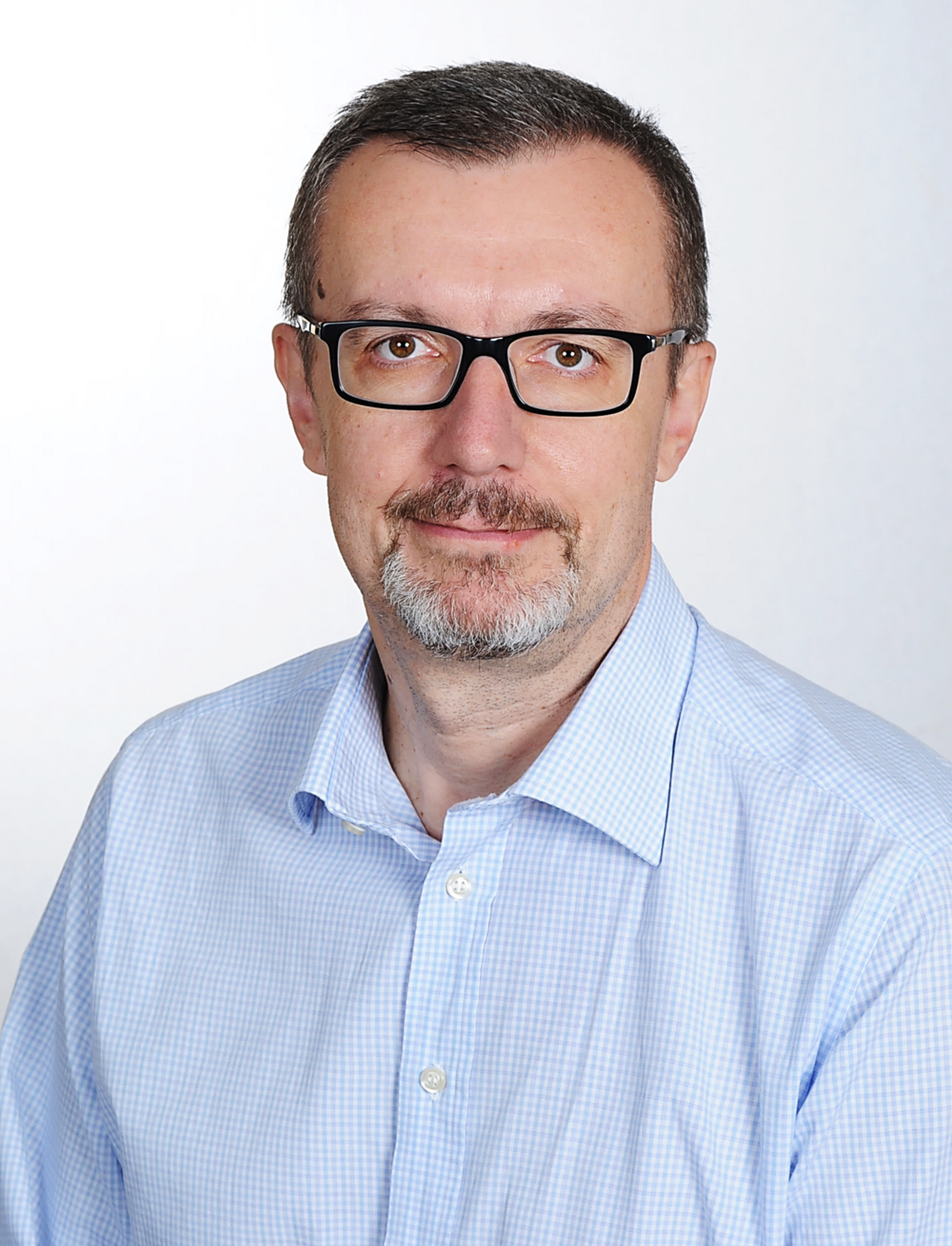The first day of the Joint Doctoral Forum will be a public event and focus on the influence of AI on research practices and academic culture in general. The event will address the possibilities of working with AI, introduce specific AI tools to use and identify practical areas of application, but also reflect on ethical implications and concerns in the usage of AI in research.
Selected doctoral candidates share their research on (or done with the assistance of) AI in the poster presentations. Three doctoral researchers will also participate as panelists in the discussion "AI in Action: Real-world Examples Across Disciplines".

Programme on November 28, 2024 (public event)
Festsaal, Meerscheinschlössl, Mozartgasse 3, 8010 Graz
2.15 pm - Public Poster Presentations and Pre-conference Snacks, Drinks
Doctoral researchers participating in the International PhD Conference present their research on/with AI. Participants can engage with doctoral candidates on their research over pre-conference snacks and drinks.
3 pm - Opening Statements
3.15 pm - Keynote Address: AI as a Scientific Method - a risk or the future of research?
by Dr. Isabell Piantschitsch, University of Graz
This talk will explore the big potential but also the possible drawbacks of AI in science. Are methods such as machine learning and deep learning scientifically valid? And in what ways are AI methods comparable to more traditional scientific methods, such as experiments or computer simulations? In her keynote address, Isabell Piantschitsch will try to shed some light on these questions.
3.45 pm - Panel Discussion: AI in Action: Real-world Examples Across Disciplines
expert host: Dr. Andreas Windisch, Joanneum Research, panel of 3 PhD researchers (one from each partner university)
This interactive discussion will delve into practical applications of AI tools within specific research areas, with each panelist sharing a case study and best practices.
4.30 pm - Networking Break and Poster Presentations by Doctoral Researchers
5 pm - Input Session I "Analyzing journal abstracts with Orange"
Input by Dr. Ajda Pretnar Žagar, University of Ljubljana
The talk presents an application of machine learning and data mining techniques to analyze abstracts from anthropology journals. First, we will summarize the content of the papers. We will construct a two-dimensional map of abstracts, identifying and characterizing clusters using relevant keywords. Second, we retrieve documents containing specific search terms. We will achieve this with word and document embedding. Finally, we will locate precise passages within these documents that correspond to the identified search terms. We will use semantic search to find relevant document sections. Such workflow provides a straightforward demonstration of a literature review, underscoring its fundamental role in scientific research.
5.30 pm - Input Session II "AI Institutional Policies at the Crossroad Between Full and Ethical Landscape Use of AI-powered Research"
Input by Prof. Dr. Saša Zelenika, University of Rijeka
The University of Rijeka (UNIRI) strives to align all its activities with the highest ethical standards, while fostering its specialisations in the key enabling technologies. In this framework, based also on its Strategy and the activities of its interdisciplinary Centre for Artificial Intelligence and Cybersecurity, UNIRI has adopted at the beginning of 2024 its “AI Tools Usage Policy”. Beginning with a short outline of the AI-related landscape at UNIRI, in the presentation the key elements of the policy goals, related also to the evident great potentials of using AI tools in teaching and R&I, will then be given, followed by a thorough listing of ethical and other norms related to the usage of these tools. It is hoped that the presentation will stimulate a vivid discussion on the treated topics.
6 pm - Conference Dinner

Isabell Piantschitsch is a Post-Doc researcher at the Physics Department of the University of Graz, Austria. She has a Master degree in Mathematics, a PhD in Physics, and a Bachelor degree in Philosophy. Her Master thesis in Philosophy of Science addresses the benefits but also the possible drawbacks of applying deep neural networks in science. In 2021, she was awarded with the Erwin-Schrödinger Post-Doc Fellowship by the Austrian national funding agency FWF, which allowed her to conduct her own research project in the field of solar physics at the University of the Balearic Islands (UIB) in Palma de Mallorca, Spain. In that project she focused on the numerical simulation of coronal waves and their interaction with coronal holes in the solar atmosphere. In March 2024, she started to carry out her latest project with the title “Deep Learning & Philosophy” which is funded by the Styrian government. The aim of this project is to connect experts from the fields of philosophy, physics, mathematics, cognitive sciences and computer science to discuss the big potential and the risks of using artificial intelligence in scientific research.
Curious about the DeLPhi-Project? If so, make sure to mark you calendar for the upcoming conference in September 2024 in Graz!
Andreas Windisch is a theoretical particle physicist who received his doctorate 'sub auspiciis praesidentis' from the University of Graz in 2014. After five years as a PostDoc at Washington University in St. Louis in the USA (including two years as a Schrödinger Fellow of the Austrian Science Fund), he returned to Austria and is now head of the research group Intelligent Vision Applications at JOANNEUM RESEARCH. Andreas is a board member and Chief Science Officer of the independent think tank "AI Austria" based in Vienna, is Honorary Research Scientist at Washington University in St. Louis, supervises start-ups at the European Space Agency incubator "Science Park Graz", and teaches AI and Machine Learning at FH JOANNEUM, and currently also Quantum Computing at TU Graz. His research interests and publications cover a broad range of physics and machine learning.
Find out more about Andreas Windisch' current research on Intelligent Vision Applications!


Ajda Pretnar Žagar is a researcher at the Faculty of Computer and Information Science and at the Institute for Contemporary History. She recently defended her PhD on quantitative approaches for research in anthropology. By combining anthropology and machine learning she develops computationally supported methodologies for social sciences. She teaches data mining and machine learning with Orange, an open source AI-tool at the University of Ljubljana.
Saša Zelenika graduated at the University of Rijeka, Croatia (UNIRI), and earned the D. Sc. degree at the Polytechnic University of Turin, Italy. He was Head of Mechanical Engineering at the Paul Scherrer Institute in Switzerland. From 2004 he works at the University of Rijeka, Faculty of Engineering (since 2015 as full professor with tenure) where he was Dean’s Assistant, Department Head and is Laboratory Head. In 2005-2009 he was also Guest Professor at the University of Udine, Italy. In 2012-2014 he was Deputy Minister at the Croatian Ministry of Science, Education and Sports. Currently he is UNIRI Vice-Rector for Strategic Projects in charge of innovation and knowledge valorisation activities, as well as Deputy Head of the Centre for Micro- and Nanoscience and Technologies. He is head of the EDIH Adria European Digital Innovation Hub Project, of the INNO2MARE Excellence Hub’s Innovation Council and has led the activities related to the definition of the UNIRI “Artificial Intelligence Tools Usage Policy”. He leads also the UNIRI activities related to the reform of research(er) assessment.

Everything at a glance
What is the Joint Doctoral Forum?
The Joint Doctoral Forum on "AI in Academia" is a combination of Doctoral Academy Day and International PhD Conference.
The Doctoral Academy Day is an annual event with a twofold objective:
- Firstly, it serves as a platform for the member consortia of the Academy to present their research to the general public.
- Secondly, it provides a forum for the discussion of current issues regarding the promotion and advancement of early stage researchers.
The event is designed as an open space, everyone interested - from Master students to doctoral supervisors, from doctoral candidates to research managers - is invited to attend.
The International PhD Conference is an annual event that is co-organised by the Partner Universities of Graz, Ljubljana and Rijeka. This conference focuses on a different research field each year, and provides a platform for doctoral candidates from all three partner universities to present their research and engage in exchange with one another. It is hosted each year by a different university.
What are possible topics for poster presentations?
Please submit an abstract of your planned research poster [max. 500 words].
Topics of interest include, but are not limited to, the following:
- Working with AI: How does AI change research practices in specific academic fields – examples from your doctoral research (your doctoral research therefore may use AI, but does not have to be about AI)
- Analyzing AI: How does the use of AI impact our life (examples from work, art, research, everyday life, etc.)
- Theorizing AI: Theoretical approaches to AI (what is and does AI) and to ethical considerations of AI
When?
The Joint Doctoral Forum on AI in Academia will take place on November, 28 (public event) and November 29 (closed session for participating doctoral candidates), 2024
Where?
The event will take place on campus of the University of Graz.
Acommodations will be provided for visiting doctoral candidates, food and drinks will be provided for both, visiting and in-house doctoral candidates.
What are the deadlines for the call?
Call opens on Thursday, 25 April 2024
Call closes on Thursday, 20 June 2024
What is the selection procedure?
In total, eight doctoral researchers per participating university will be selected based on their proposals.
Additionally, one doctoral candidate per university will be asked to participate in the panel discussion on day 1.
Doctoral researchers will be informed whether they are invited to present their posters by July 1. Those three doctoral researchers also selected for the panel discussion will receive this information by Monday, 23 September 2024 at the latest.
contact and further information
This website will be updated regularly with informations on the Joint Doctoral Forum.
Should you in the meantime have any further questions, please feel free to contact doctoral-academy(at)uni-graz.at.
Your points of contact for this event are:
Dr. Gerald Lind